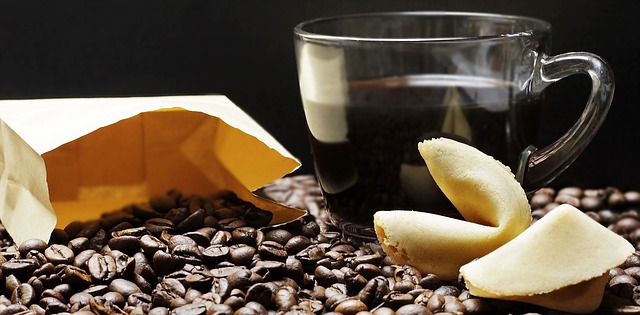Are you tired of bland, bitter coffee? Here are the top 7 factors that influence the bitterness of your brew – and how you can use them to create the perfect cup.
- Roast level: Dark roast coffee is more bitter than light roast
- Type of beans: Robusta beans are more bitter than Arabica beans
- Brewing method: Espresso is more bitter than drip or French press
- Water: Hard water can make coffee taste more bitter
- Age of beans: Freshly roasted beans are less bitter than older beans
- Grind size: Finer grind produces more bitterness
- Amount of coffee used: More coffee produces more bitterness
Understanding these factors can help you fine-tune your coffee brewing process and achieve the perfect balance of flavor and bitterness. Let’s delve deeper into each of these elements to see how they affect the taste of your coffee.
Coffee is a drink that is beloved by many people around the world. It is enjoyed for its rich, bold flavor and its ability to provide a caffeine boost to help people start their day. However, one aspect of coffee that is often a point of contention is its bitterness. Some people love a strong, bitter cup of coffee, while others prefer a smoother, less bitter brew. So, what factors influence the bitterness of coffee?
One major factor that affects the bitterness of coffee is the roast level. Coffee beans are roasted to varying levels, from light to medium to dark. The longer the beans are roasted, the darker and stronger they become. Dark roast coffee is known for its bold, intense flavor and high level of bitterness, while light roast coffee is typically less bitter and has a more delicate flavor.
The type of beans used can also influence the bitterness of coffee. Different types of beans, such as Arabica and Robusta, have different flavor profiles and levels of bitterness. Arabica beans are generally considered to be of higher quality and have a sweeter, softer flavor. They are also less bitter than Robusta beans, which have a more robust, bold flavor and a higher level of bitterness.
The brewing method can also impact the bitterness of coffee. Different brewing methods, such as drip coffee, French press, and espresso, extract different levels of bitterness from the beans. Drip coffee and French press tend to produce a less bitter cup of coffee, as the beans are in contact with the water for a longer period of time, allowing for a more gentle extraction process. Espresso, on the other hand, is known for its strong, bold flavor and high level of bitterness, as the beans are subjected to high pressure during the brewing process.
The water used to brew coffee can also affect its bitterness. Hard water, which has a high mineral content, can make coffee taste more bitter, as the minerals can extract more bitter compounds from the beans. Soft water, on the other hand, has a lower mineral content and can produce a smoother, less bitter cup of coffee.
The age of the beans can also influence the bitterness of coffee. Freshly roasted coffee beans will have a more vibrant, less bitter flavor than older beans, which may have lost some of their flavor and become more bitter over time.
The grind size of the beans can also impact the bitterness of coffee. A finer grind will extract more bitterness from the beans, as the surface area of the beans is increased and more compounds are released into the water. A coarser grind will produce a less bitter cup of coffee, as fewer compounds are extracted.
Finally, the amount of coffee used in the brewing process can also affect the bitterness of the final product. Using more coffee will result in a stronger, more bitter flavor, while using less coffee will produce a smoother, less bitter cup.
In conclusion, there are many factors that can influence the bitterness of coffee, including the roast level, type of beans, brewing method, water used, age of the beans, grind size, and amount of coffee used. Understanding these factors can help you find the perfect balance of flavor and bitterness in your coffee.
Read more interesting things about coffee.

